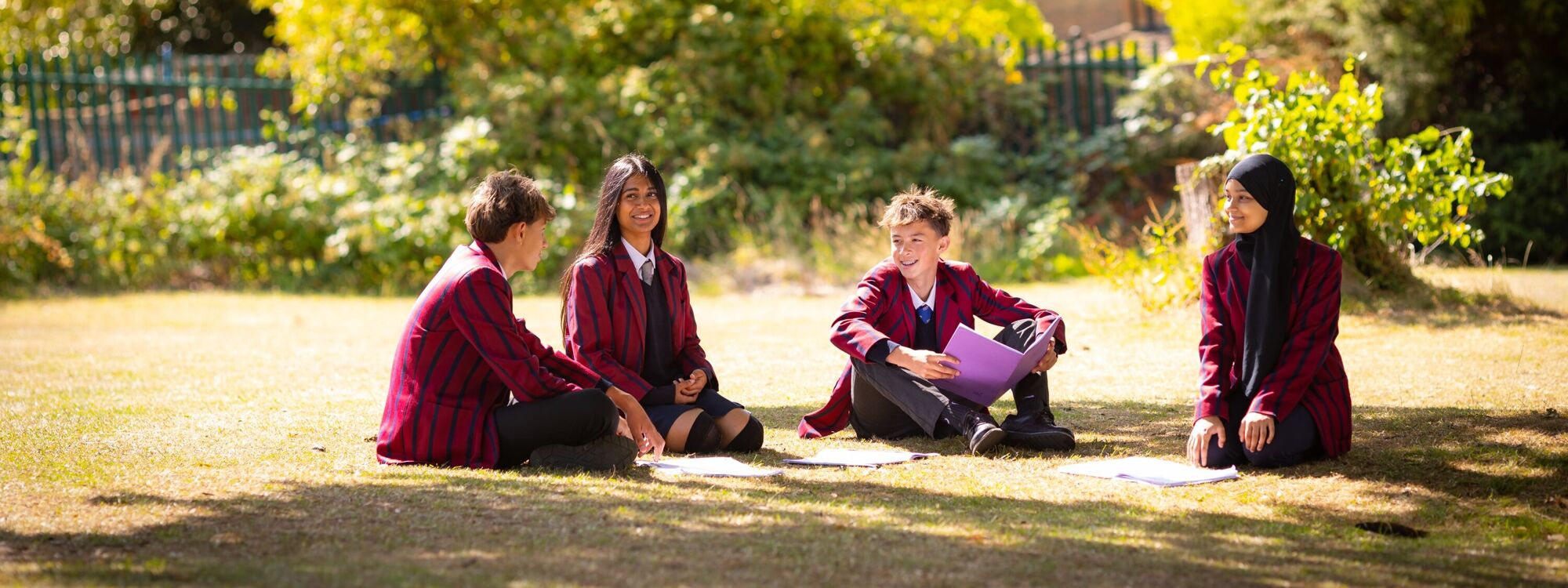- Home
- Academic
- Subject Information
- Geography
Geography
Back “The study of geography is about more than just memorizing places on a map. It’s about understanding the complexity of our world, appreciating the diversity of cultures that exists across continents. And in the end, it’s about using all that knowledge to help bridge divides and bring people together.”
“The study of geography is about more than just memorizing places on a map. It’s about understanding the complexity of our world, appreciating the diversity of cultures that exists across continents. And in the end, it’s about using all that knowledge to help bridge divides and bring people together.”
Barack Obama (was the 44th president of the United States (2009–17) and the first African American to hold the office and won the Nobel Peace Prize in 2009)
Key Stage 3
Key Stage 4
| Year 10 | Year 11 |
|---|---|
| Geography Curriculum Map | Geography Curriculum Map |
| Geography Technical Vocabulary | Geography Technical Vocabulary |
| Super Curricular | Super Curricular |


